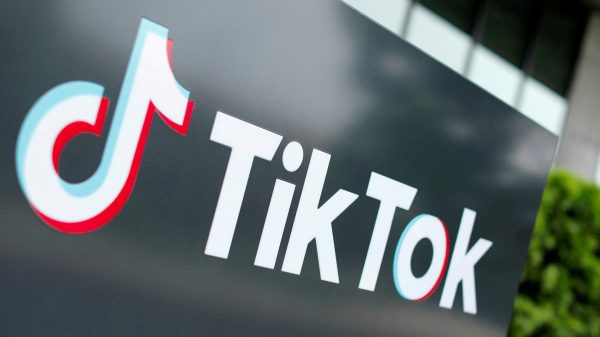The shift away from third-party cookies in digital advertising has catalyzed a new set of concerns among marketers, primarily centered around Google’s Privacy Sandbox initiative. Unlike third-party cookies, which Google plans to phase out due to privacy concerns, the Privacy Sandbox offers an alternative framework for targeted advertising. However, recent events have highlighted significant contractual and operational risks for companies adopting this new system.
One of the foremost gripes revolves around accountability. When a technical glitch rendered the Privacy Sandbox temporarily useless, companies relying on it saw their ad revenues plummet. Despite Google’s swift fix, the incident underscored the lack of a safety net for these companies, who bear the financial brunt without recourse to Google’s deep pockets.
The terms of service for the Privacy Sandbox have drawn sharp criticism for their one-sided nature. They absolve Google of any guarantee regarding the performance or operational stability of the sandbox, shifting liability disproportionately onto third parties. This imbalance has sparked discontent among industry insiders, who argue that such terms would be unacceptable if proposed by any other entity besides Google.

Marketers Voice Concerns Over Google’s Privacy Sandbox Amid Shift from Third-Party Cookies
Legal experts have also pointed out deficiencies in the Privacy Sandbox’s terms, particularly regarding data processing agreements required for compliance with privacy laws like GDPR. This omission not only exposes Google to regulatory risks but also leaves sandbox users uncertain about their legal standing in case of data mishandling or privacy breaches.
Despite these challenges, Google maintains that the Privacy Sandbox’s tools are designed to enhance web privacy while supporting monetization, emphasizing their commitment to open access and collaboration with industry stakeholders. However, the discrepancy between Google’s assurances and industry expectations remains a point of contention.
From a strategic standpoint, the ad industry finds itself at a crossroads. While the Privacy Sandbox promises privacy-preserving technologies, its operational uncertainties and legal ambiguities continue to cast a shadow over its adoption. Many ad executives, wary of Google’s dominant position and the implications of relying on a potentially unstable system, are calling for clearer guarantees and improved legal protections.
Moving forward, resolving these issues will require Google to address industry concerns head-on. Clarity on financial liabilities, robust data processing agreements, and enhanced regulatory compliance measures could assuage fears and pave the way for broader industry adoption.
Until then, the future of digital advertising under the Privacy Sandbox remains uncertain, with stakeholders cautiously navigating a landscape shaped by Google’s evolving policies and market dominance.









































